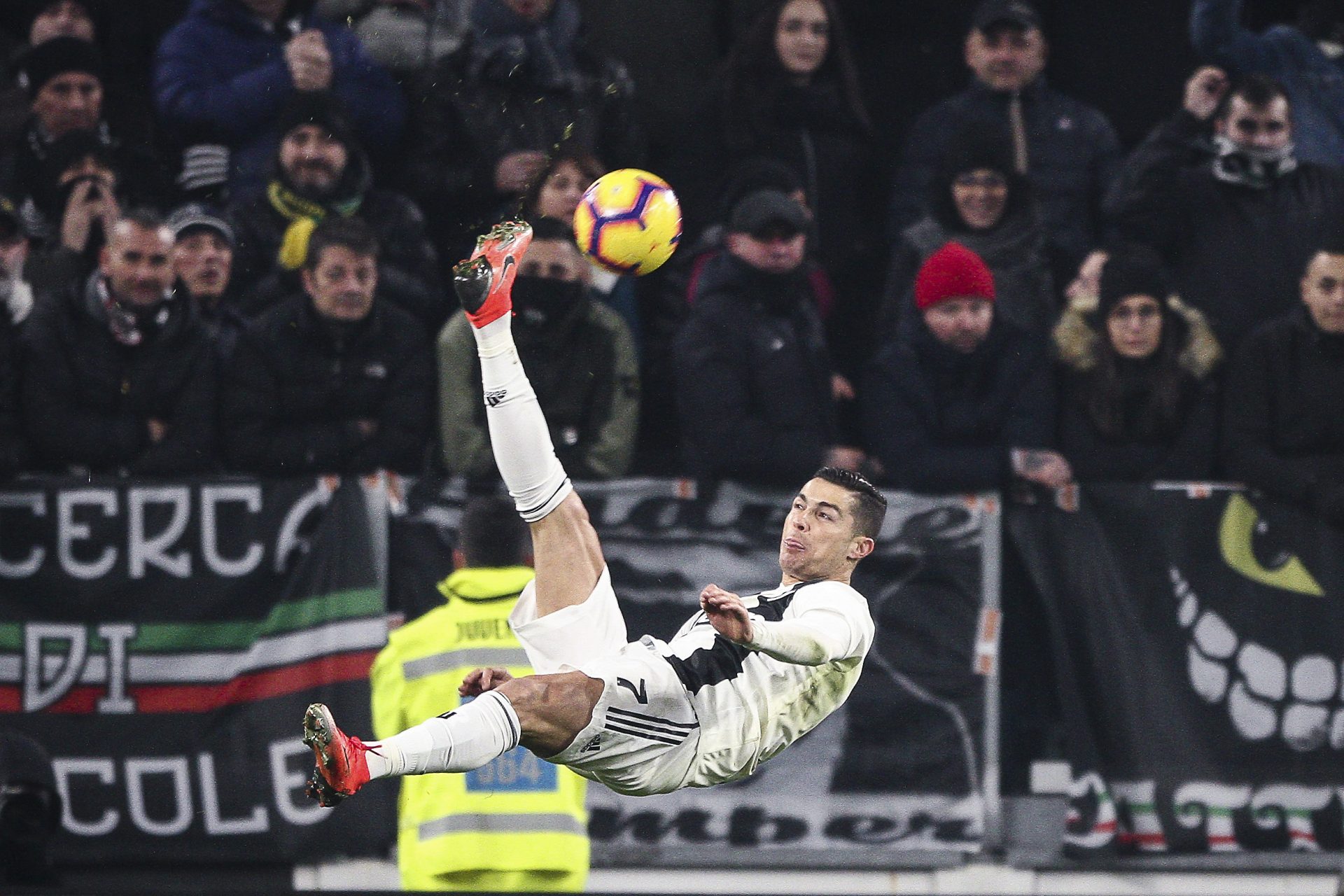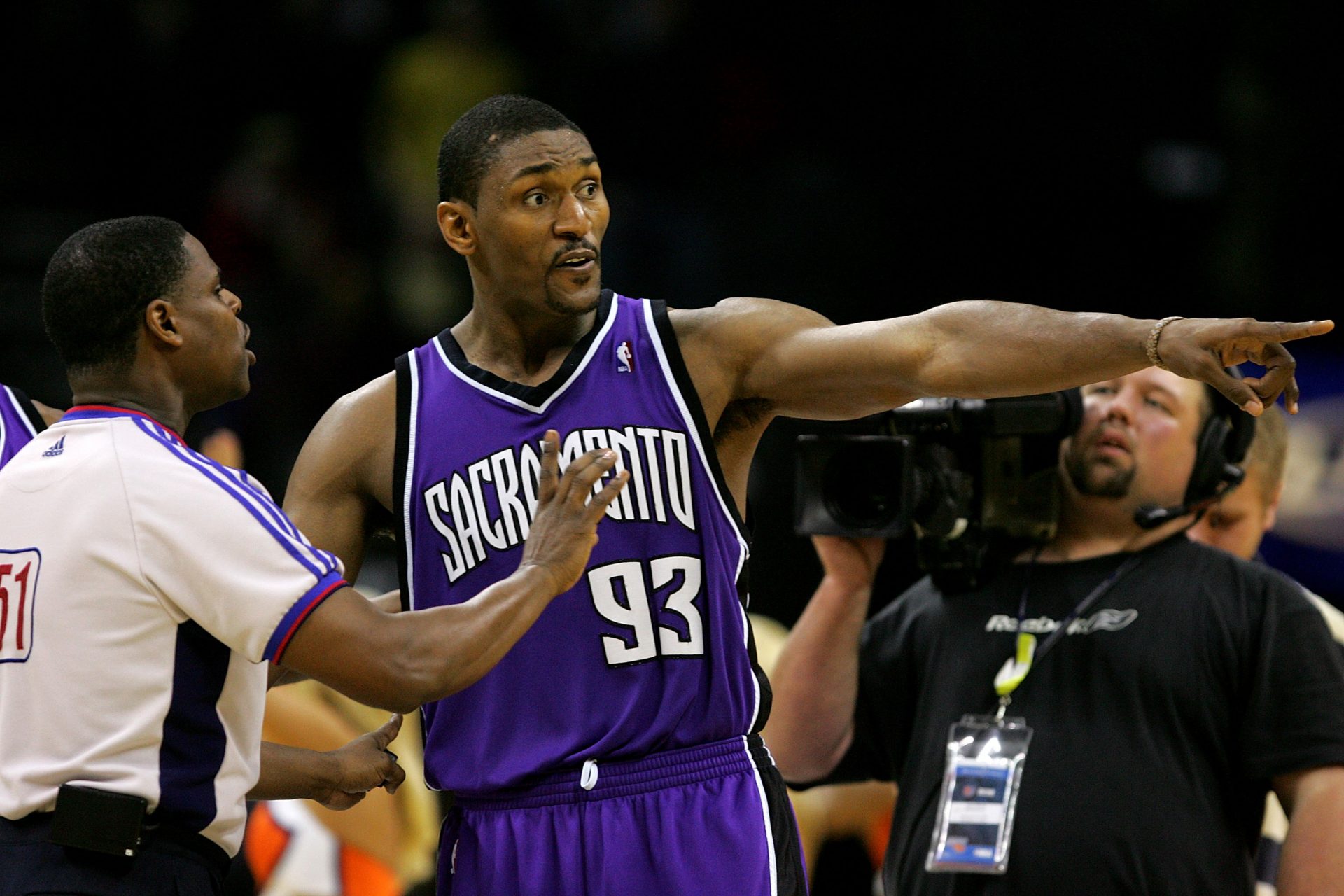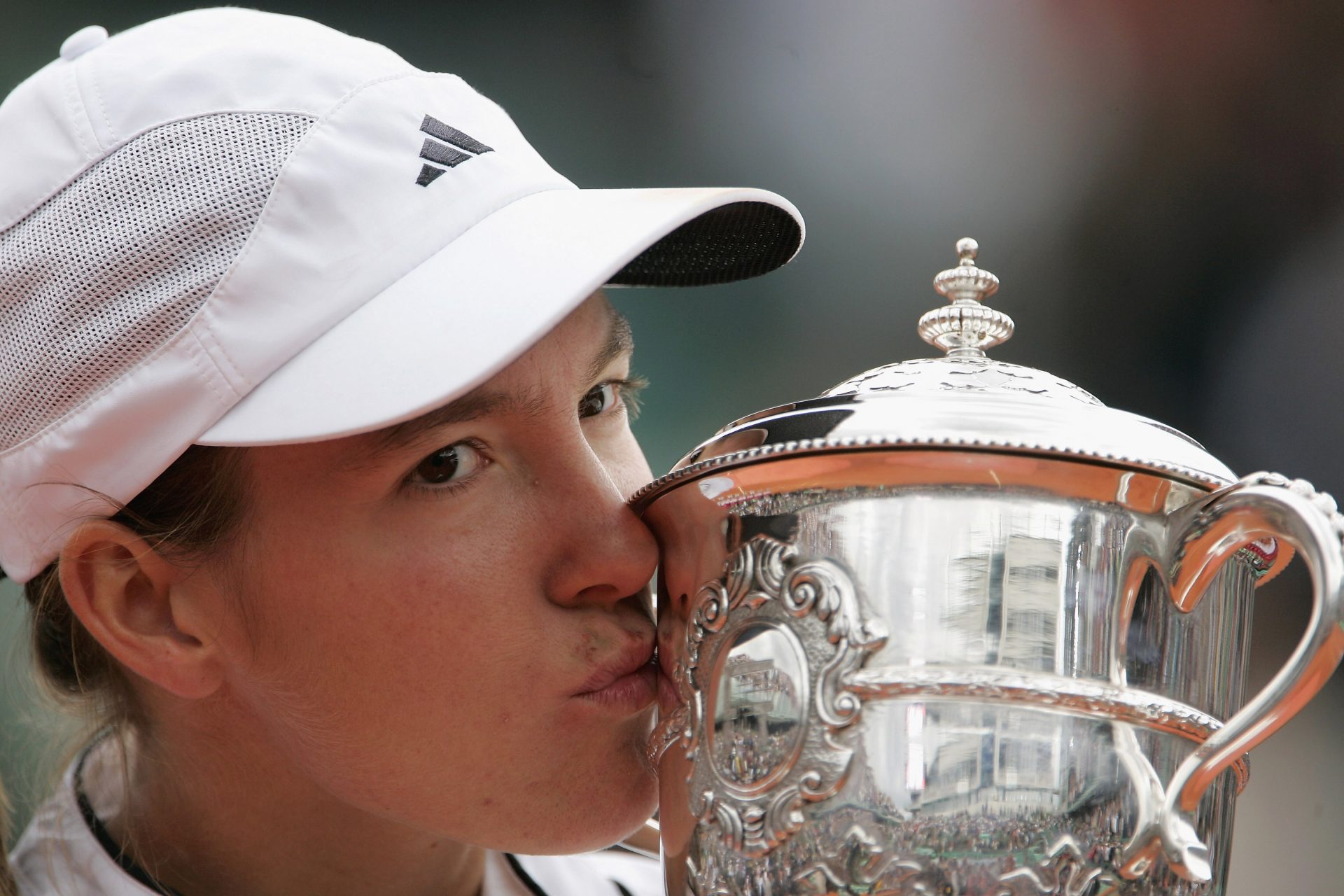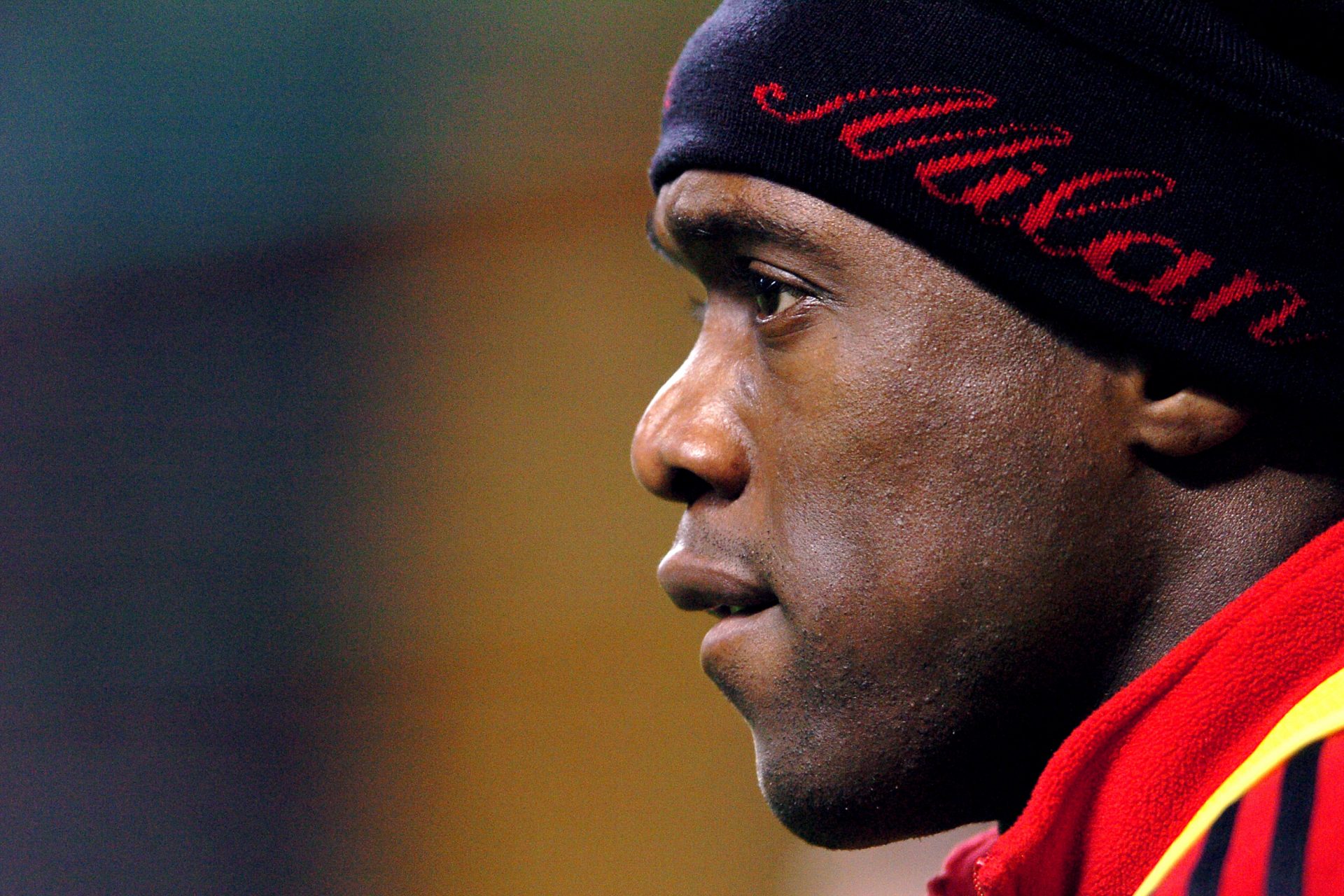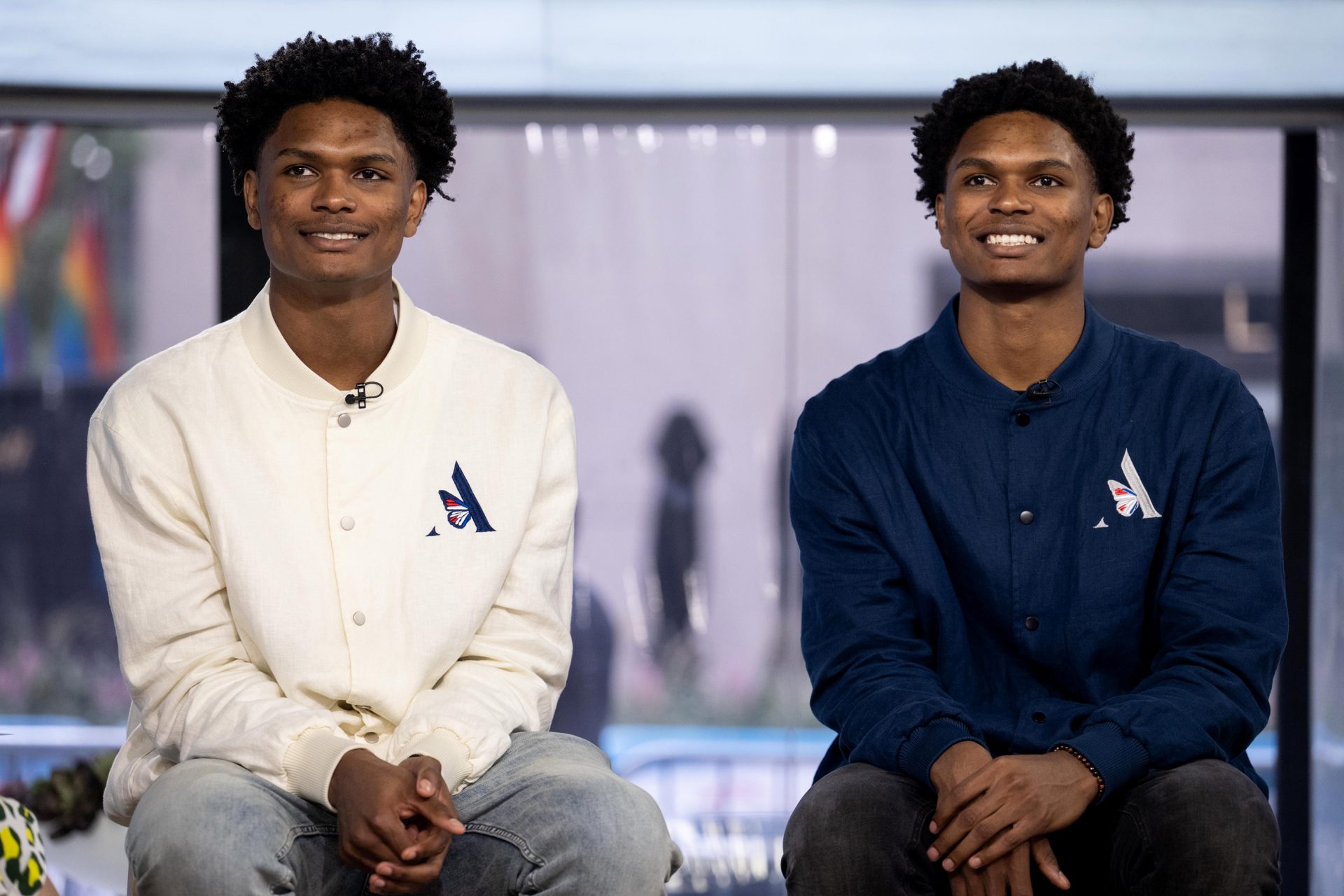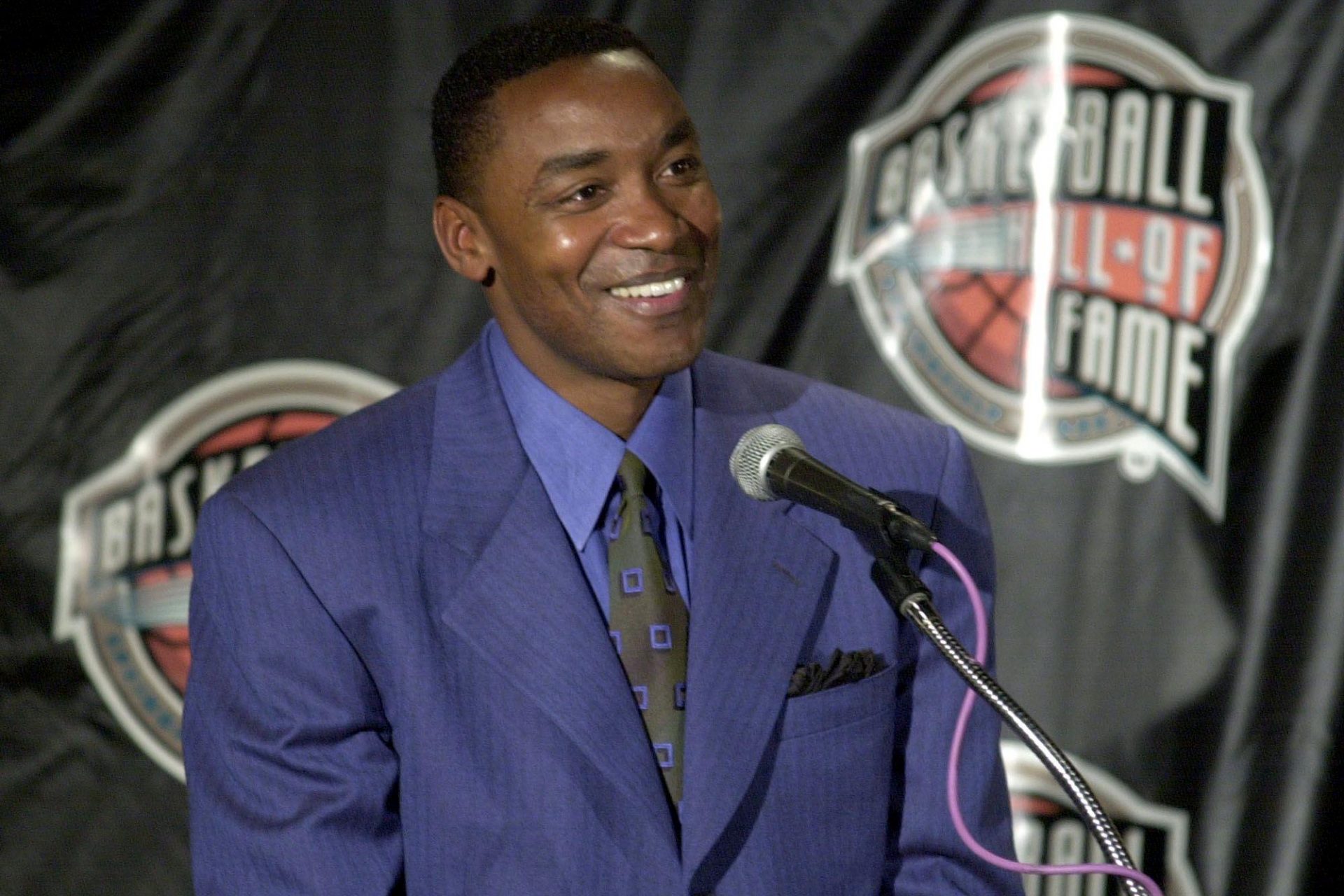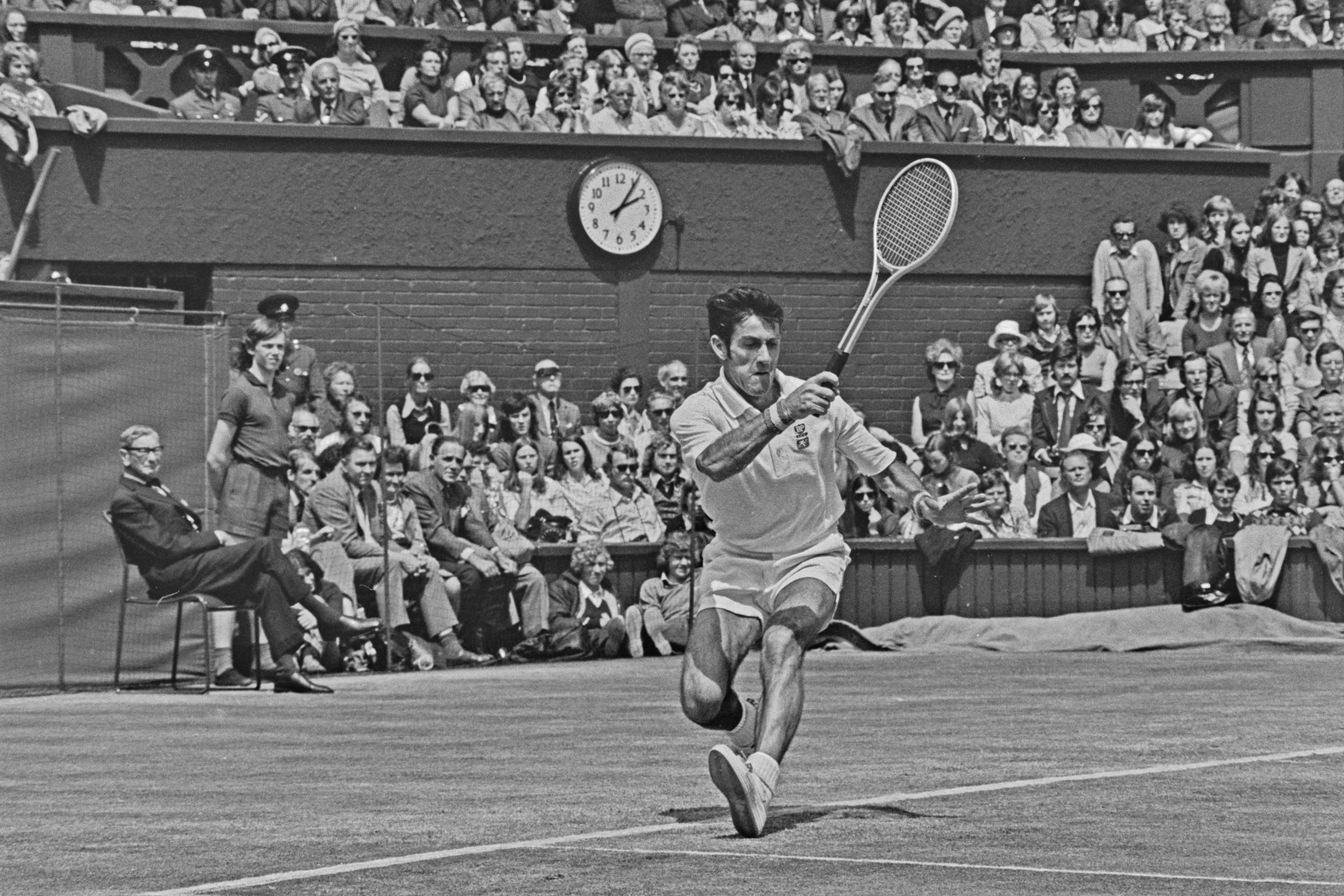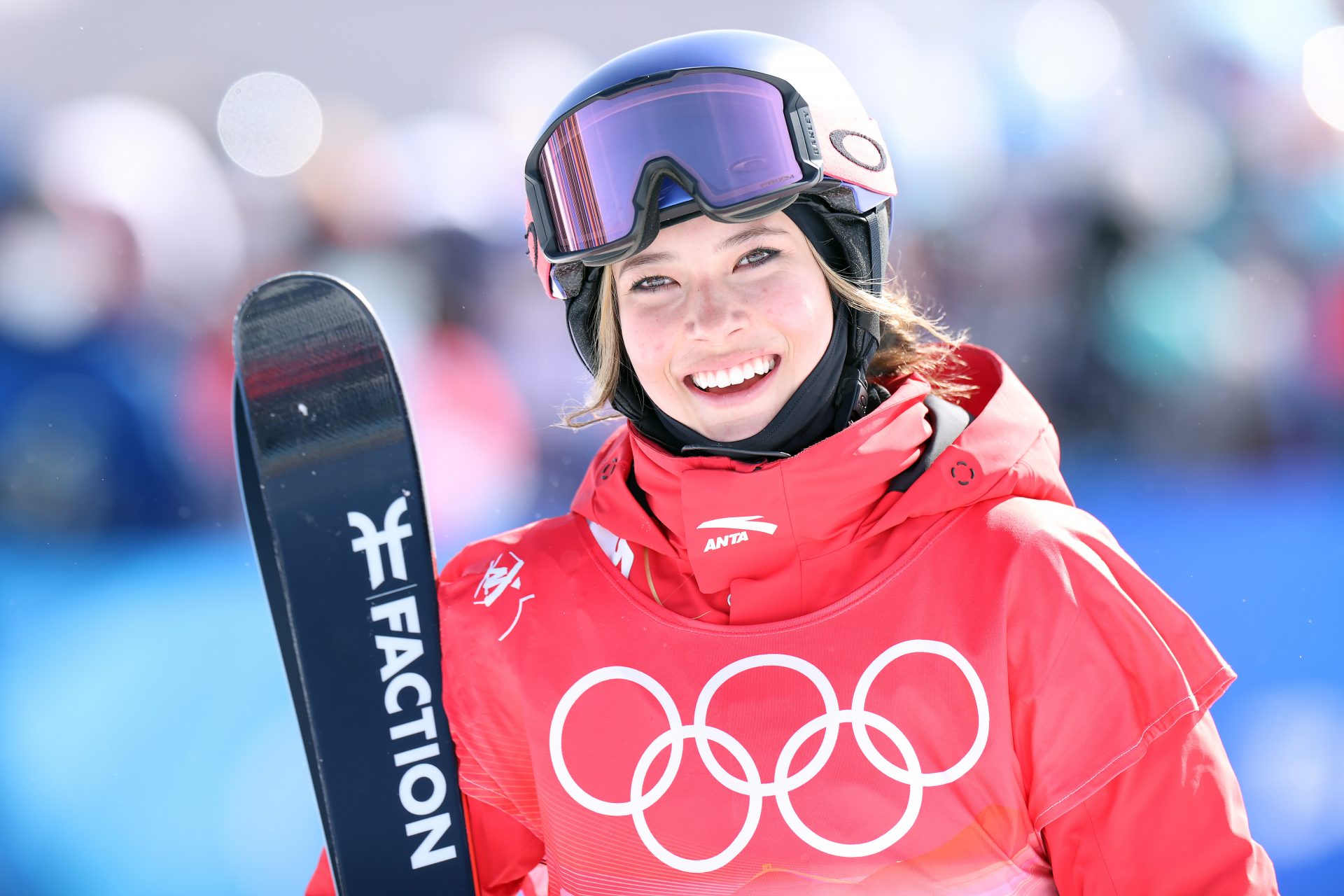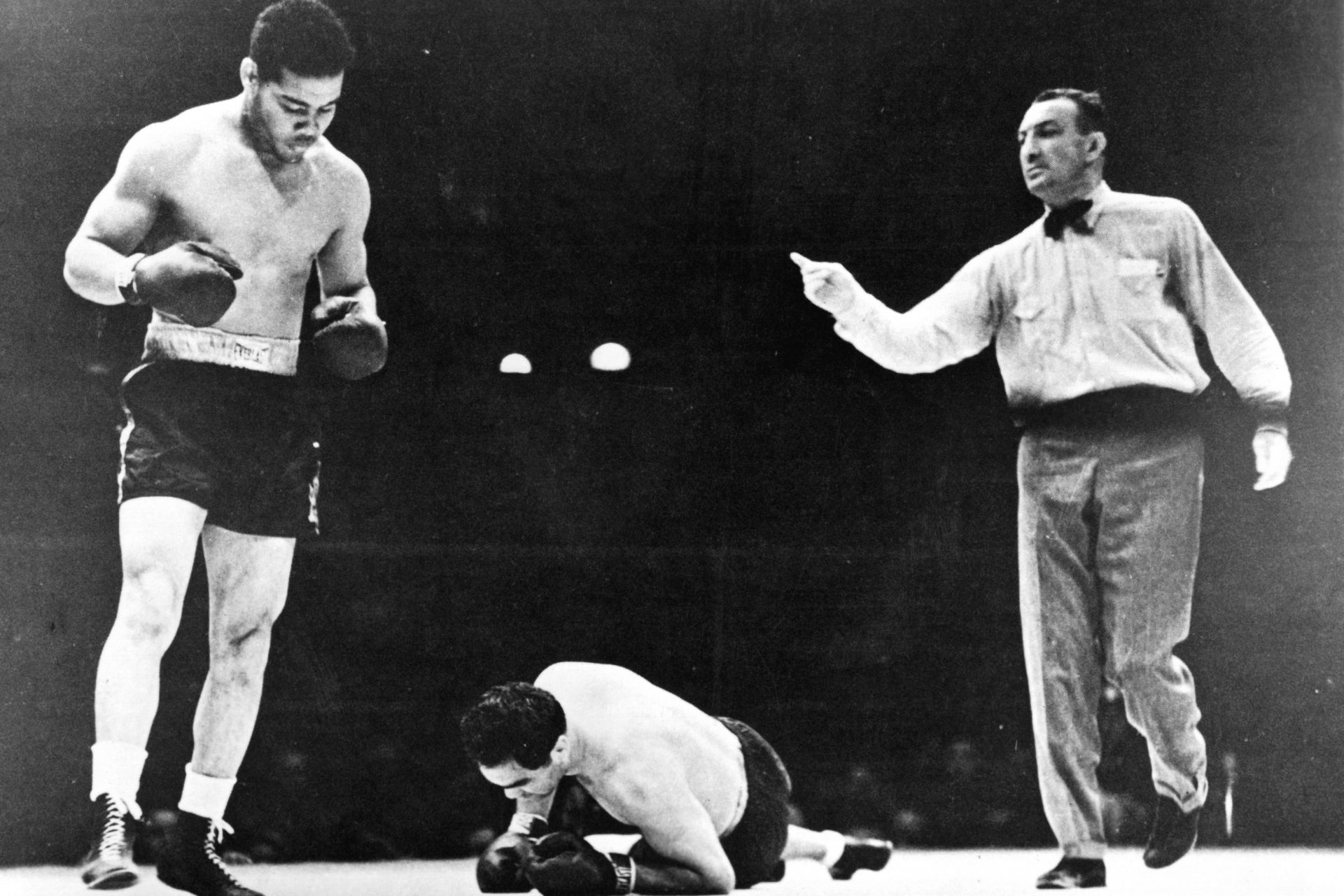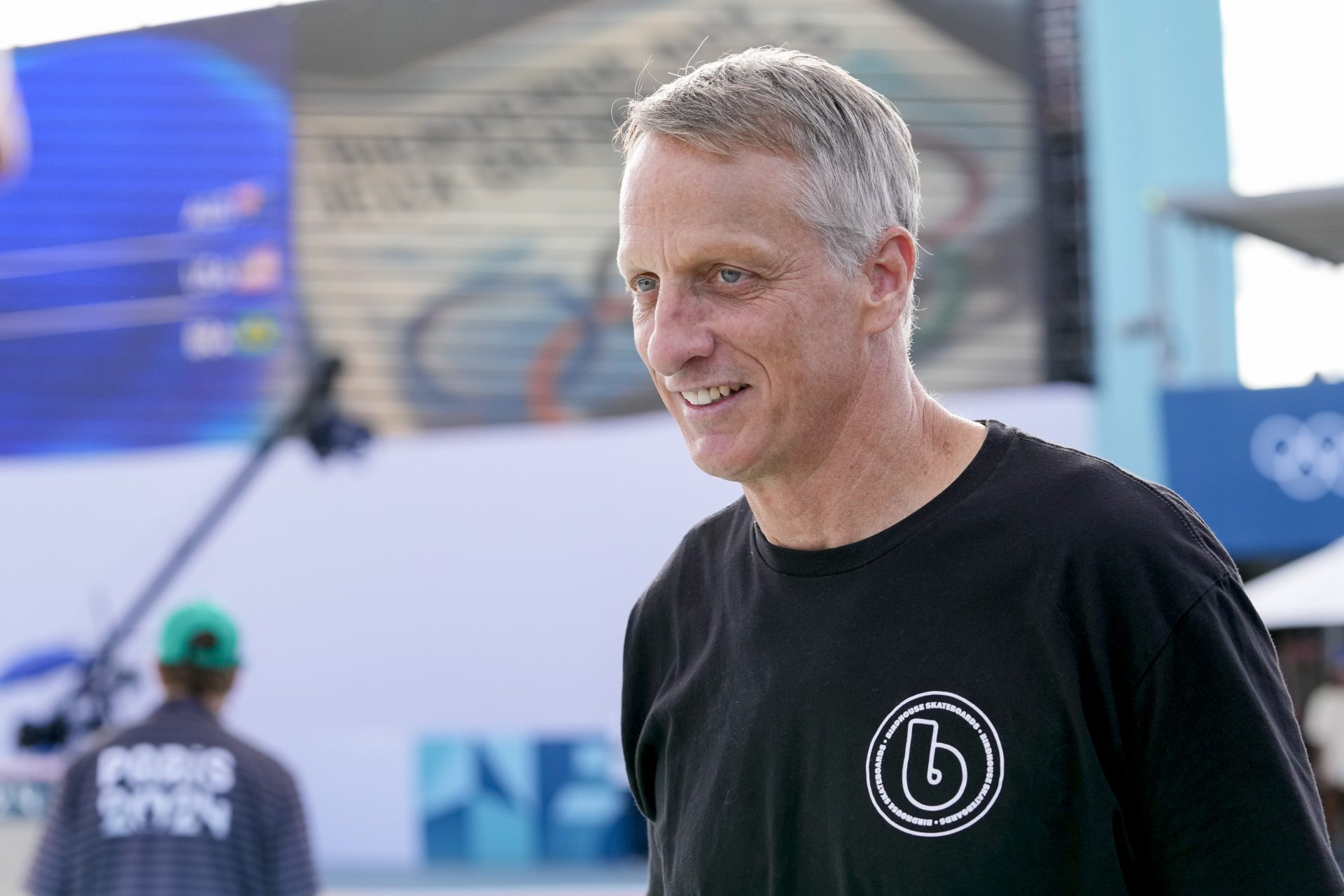Can France pull off back-to-back wins at the World Cup?
France will take part in the 2022 World Cup as the defenders of the title, after winning their second-ever world championship four years ago in 2018. The last nation to win back-to-back World Cups was Brazil (1958 and 1962).
If France make it through the group stage, they will have avoided the fate of the last three winners of the World Cup (Germany, Spain and Italy). None of them made it past the first round as defenders of the title.
French national team coach Didier Deschamps unveiled his selection of players for the 2022 World Cup on prime-time national television. These are the men that will strive to retain France’s status as world champions and achieve back-to-back victories after winning in Russia 2018.
Hugo Lloris (Tottenham Hotspur), Steve Mandanda (Rennes), Alphonse Areola (West Ham)
There is little doubt about who will be defending the French goal in Qatar: Hugo Lloris, who has played 139 times for France, will be participating in his fourth World Cup.
As in 2018, his substitutes will be Steve Mandanda and Alphonse Areola. AC Milan's Mike Maignan will miss out, as he is still in the process of recovering from the calf injury that has kept him on the sidelines over the last month.
Lucas Hernandez (Bayern Munich), Théo Hernandez (AC Milan), Presnel Kimpembe (PSG), Dayot Upamecano (Bayern Munich), William Saliba (Arsenal), Benjamin Pavard (Bayern Munich), Jules Koundé (FC Barcelona), Raphaël Varane (Manchester United), Ibrahima Konaté (Liverpool)
With 9 defenders, all of them with experience at the highest level of European football, Deschamps will have a wide array of possibilities for the defensive line. Most analysts believe that France will return to a classic 4-man defense.
Aurélien Tchouaméni (Real Madrid), Adrien Rabiot (Juventus), Youssouf Fofana (AS Monaco), Jordan Veretout (Marseille), Mattéo Guendouzi (Marseille), Eduardo Camavinga (Real Madrid)
Deschamps’ selection of midfielders is inevitably conditioned by the absence due to injury of two players that were crucial in France’s victory in 2018: N’Golo Kanté and Paul Pogba.
In fact, France's midfield will see a total transformation, as none of the midfielders (Kanté, Pogba, Lemar, Tolisso, Matuidi, Nzonzi, Fekir) that took part in the previous World Cup will be present in Qatar.
With Pogba and Kanté out, the young generation of French midfielders will have to rise to the occasion. Real Madrid player Aurélien Tchouameni is expected to be instrumental in establishing France’s superiority in the midfield, a central aspect of the team that triumphed in Russia.
Karim Benzema (Real Madrid), Kylian Mbappé (Paris Saint Germain), Antoine Griezmann (Atlético Madrid), Olivier Giroud (AC Milan), Ousmane Dembélé (FC Barcelona), Christopher Nkunku (RB Leipzig)
Recently crowned as the best football player of the past season with his first Ballon d’Or, at the age of 34, Benzema will be hoping to achieve World Cup glory with France. This will be only his second World Cup, after being left out from the squad in 2010 and 2018.
After his stellar performance at the 2018 World Cup, Mbappé arrives to Qatar on top form to try and impress yet again with his unstoppable accelerations and goal-scoring capacities.
If there were any doubts about whether Giroud was still good enough to be called for a third World Cup at the age of 36, his goal-scoring spell for AC Milan in recent weeks has given Deschamps solid reasons to call him yet again.
With 49 goals for France, Giroud is only 3 goals away from becoming the top goalscorer in the nation’s history, a distinction currently held by Thierry Henry. Will he surpass Henry in Qatar?
If the FC Barcelona winger performs at his best, France will benefit from one of the most electrifying players in the game.
The Bayern Munich player will be making his first appearance at a World Cup.
While Griezmann’s form has in the last few years not been as good as some would have hoped, he will try to be yet again a key player for Deschamps as in the 2018 World Cup, where he was an integral part of France’s success.
All in all, the French national team is without a doubt among the best squads that will take part in Qatar. It remains to be seen whether its world-class attack can be complemented by a solid defense and a dominant midfield, which were key to the success in Russia.
If the midfield manages to make up for its lack of experience in tournaments of this level, France will be a strong contender to win back-to-back World Cups.
France’s first match at the World Cup group stage will be against Australia (22 November) at the Al Janoub Stadium.
The next match-up for the French will be at Stadium 974 against Denmark (26 November), the strongest rivals in group D a priori.
Finally, France will face Tunisia (30 November) to conclude their group stage at the Education City Stadium.
A third World Cup title is within sight and perfectly possible, but France will be facing difficult rivals if they make it through the group stage, which they should, considering that Tunisia and Australia are significantly weaker opponents.
However, the French national team were the clear favourites for the past European Championship, but were defeated by Switzerland in the round of 16. Will Qatar be another glorious chapter in French football history, or a disappointment? We’ll have an answer in the next weeks.
More for you
Top Stories






























